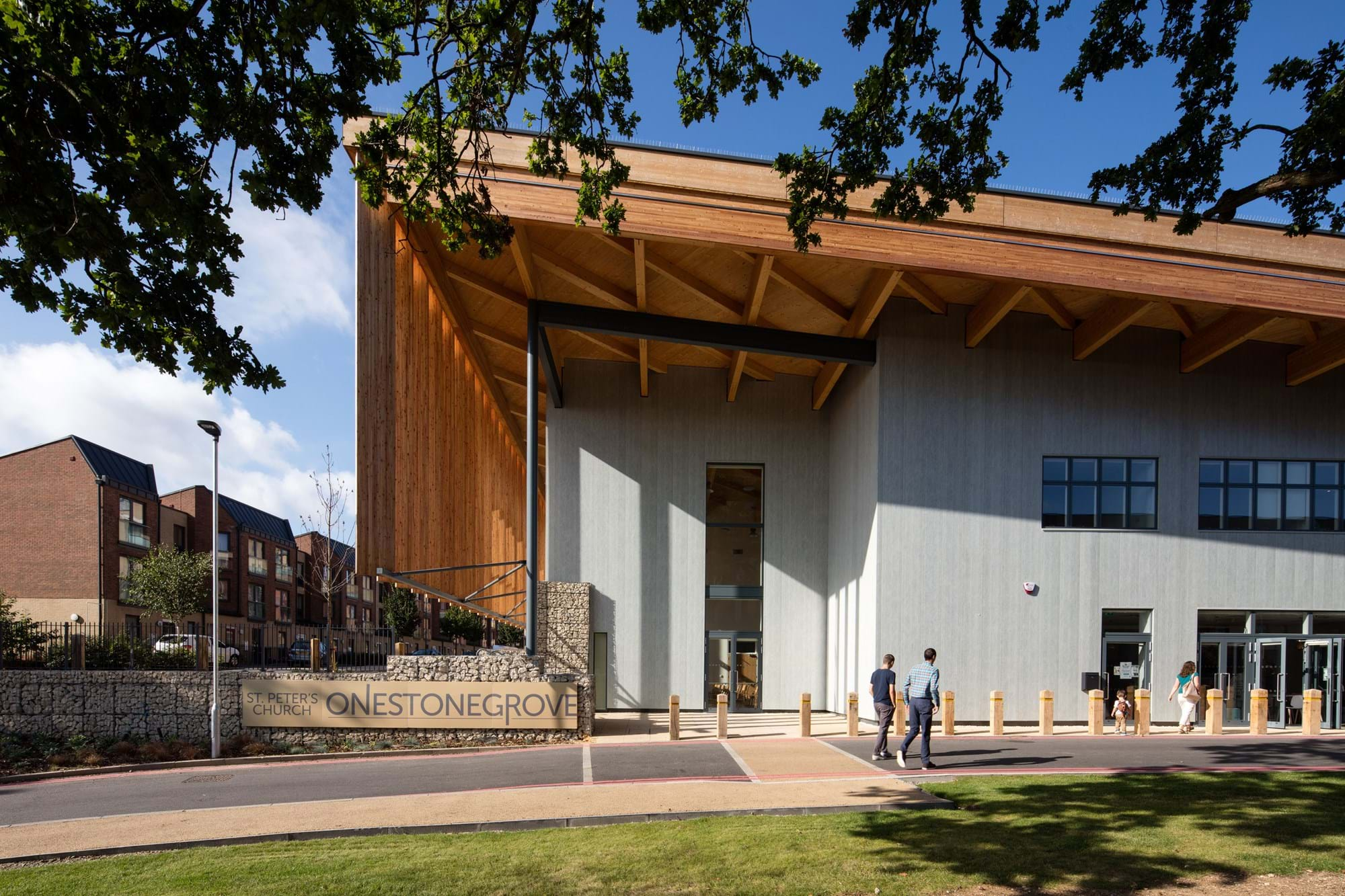

Fiberline's fiberglass profiles have a significantly higher thermal insulating capacity compared to steel and aluminum. The thermal conductivity coefficient of fiberglass is 0.3 W/mK, resulting in energy-efficient finished products compared to both aluminum, which is about 200 W/mK, and steel, which is about 50 W/mK.
What is also worth noting is that Fiberline's fibreglass profiles have a significantly lower heat distribution gradient than steel and aluminium, enabling energy-efficient end products.
The fibreglass profiles reduce the size of thermal bridges and enable the creation of energy-efficient joins between internal and external surfaces. This increases savings on energy bills for the completed construction, where these are relevant.
Due to the profiles' great strength, they can, for example, support heavy frameless structures, windows, and balconies. Together with the material's unique thermal properties, it is possible to create highly insulating solutions for construction.
The outstanding insulating properties of our fibreglass enables you to achieve better U-values and to significantly increase comfort in buildings. The profiles are also made using a pultrusion process, which requires very little energy, thus resulting in an end construction that is sustainable in multiple ways.
Our products are CE certified according to the EN13706 1-3 standard. This certification is your guarantee of consistently high quality every time you buy from us and use our products. Read more
Fiberglass enables lightweight and robust constructions, making installation faster. Although the material is comparable to steel, the specific weight of Fiberglass is only a quarter of steel. Read more
Fiberglass is an exceptionally strong material, rivaling steel, aluminum, and wood. Composite profiles offer similar weight to aluminum, while being just 20% the weight of concrete and 40% of steel, making them highly efficient. Read more
Composite materials are generally very durable, with only a few exceptions. They resist a variety of aggressive liquids and environments, resulting in long lifespan and minimal need for maintenance. Read more
Fiberglass is UV-resistant and can withstand temperatures between -40 and +80 degrees Celsius without deterioration of its properties. Additionally, it tolerates seawater and other atmospheric influences. Read more
Fiberglass profiles are electrically insulating. They are suitable for use in connection with all electrical constructions, such as along railway tracks, power plant installations, etc., as they are suitable for both low and medium voltage. Read more
The processing of fiberglass profiles is significantly easier than for metals such as steel, and just as efficient as for wood. This makes it easy to handle solutions with our profiles on site. Read more
Fiberline's fiberglass profiles have a significantly higher thermal insulating capacity compared to steel and aluminum. Read more
Fiberline's products are manufactured energy-efficiently through pultrusion. The low weight relative to strength and long lifespan make them a cost- and energy-efficient alternative. Read more